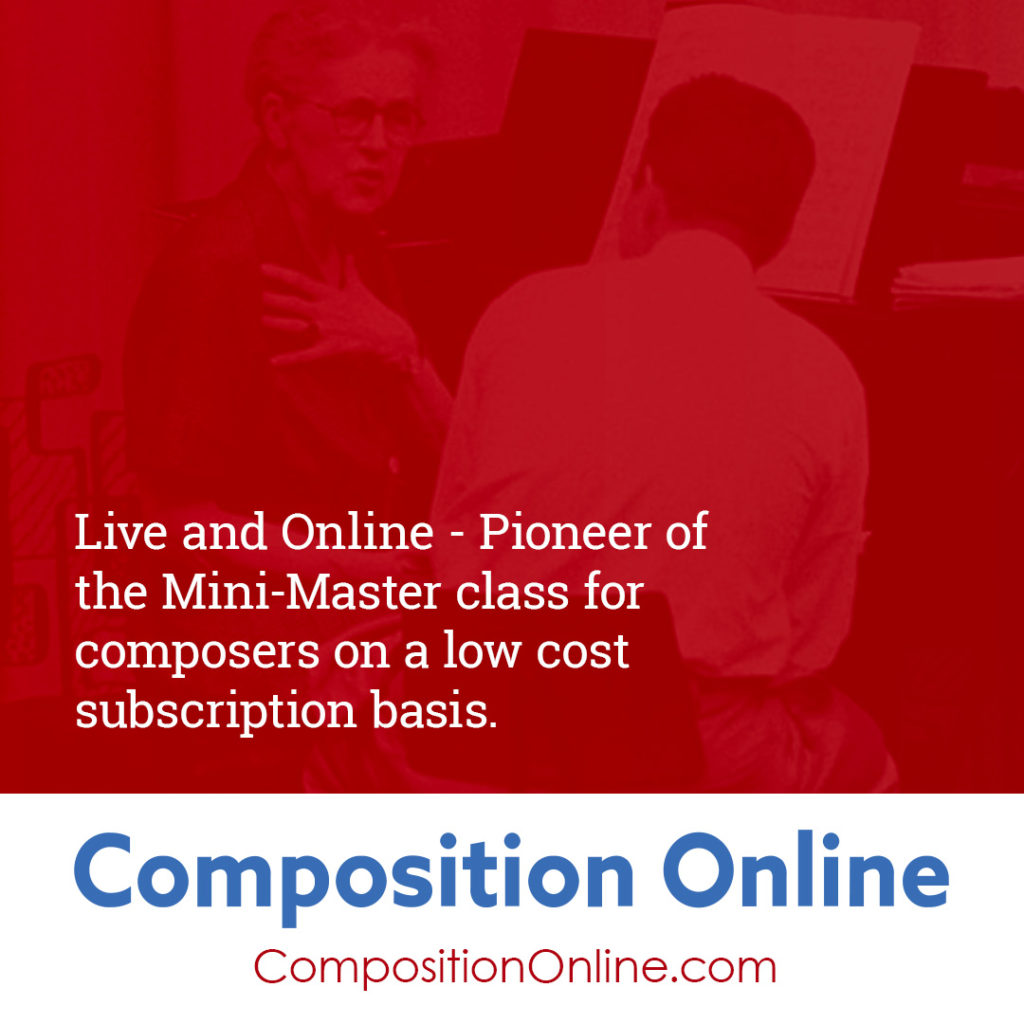Composers often struggle with learning the rules of composition, including composing music, how to write music, and how to become a music composer.
If I had a nickel for every time a composer expresses umbrage towards “rules” of composition, I would easily be able to pay of the national debt. There appears to be a natural backlash of inexperienced and/or combative and rebellious composers towards “rules” and that somehow such rules are restrictive of creative activity and must be broken in order to break new ground and forge ahead in the quest for higher art. Unfortunately, and in my own experience, the underlying reasons for this rebellion relates to a lacking (or laziness) towards understanding what the so called “rules” are as a first step, working with them, and then going further (or abandoning them). Arnold Schoenberg, for all the controversy surrounding his music, had a deep understanding of music and the “rules” that preceded him, and stood on firm ground as a starting point in his compositional journey.
“Best practices” is defined by Wikipedia as “a method or technique that has been generally accepted as superior to any alternatives because it produces results that are superior to those achieved by other means….” For those rebellious and combative composers unhappy with rules that they wish not to follow (or understand), I have a bit of advice which is twofold – first, substitute the word “rules” with the phrase “Best Practices” in your thinking and see how that feels. Secondly, assuming that one takes adequate time to thoroughly familiarize oneself as to the details and functionality of what Best Practices consist of and their use, take a step back and think about “why” such Best Practices came to be. Then make your own determination as to where you wish to go from there.
It makes much more sense (and a sign of maturity) to look at and understand what has been done in the past and the reasons than to summarily reject prior practices and determine the path for your own creative journey. This is, in my view, a far more grounded approach than one that ignores the foundations of the human experience and the how and whys of Best Practices, not rules, evolved over time.
For more information on composing music, how to write music, and how to become a music composer, a good place to go is Composition Online.
